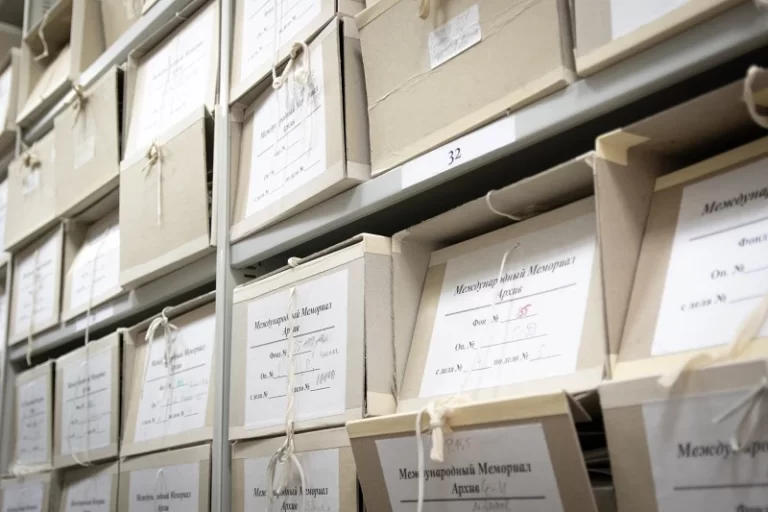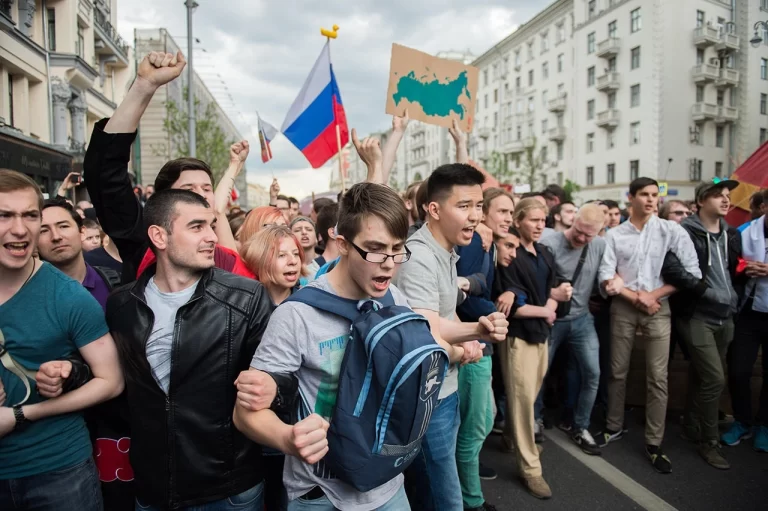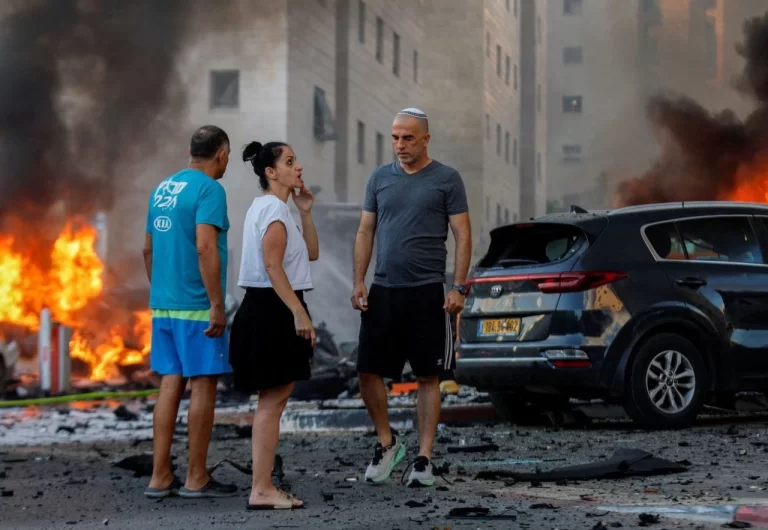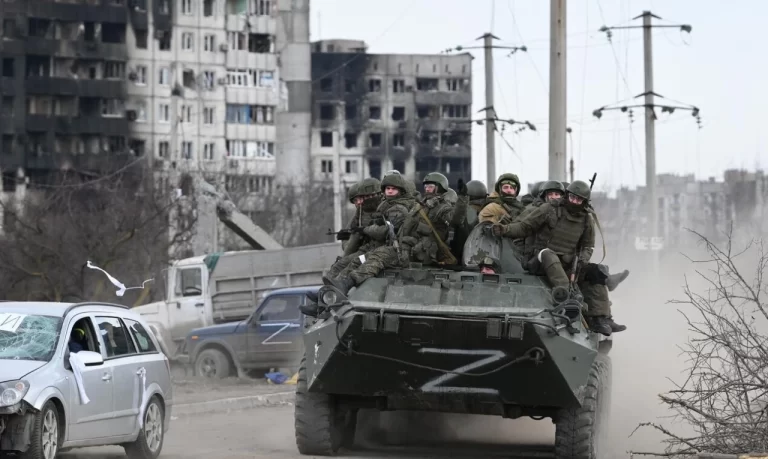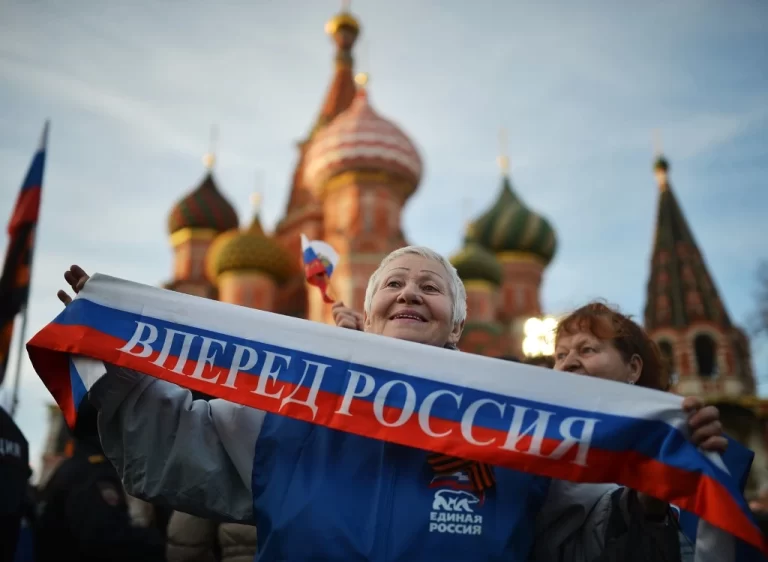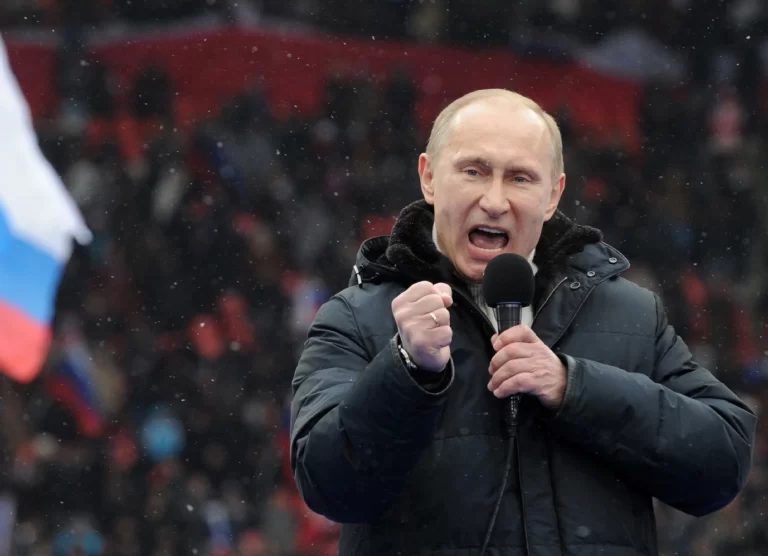The conference of the Russian opposition, The Day After, took place on June 5, 2023, in Brussels in European Parliament. Participants discussed how Russia came to dictatorship and the war in Ukraine and how to bring Russia back into the democratic European countries. They sought solutions to the crisis, including in Russian history. However, no one recalled the experience of Emperor Nicholas I in the Crimean War
President Putin follows Emperor Nicholas I
The conference of the Russian opposition, The Day After, took place on June 5, 2023, in Brussels in European Parliament. Participants discussed how Russia came to dictatorship and the war in Ukraine and how to bring Russia back into the democratic European countries. They sought solutions to the crisis, including in Russian history. However, no one recalled the experience of Emperor Nicholas I in the Crimean War
President Vladimir Putin has much more in common with Emperor Nicholas I than with Hitler or Stalin, whom the Russian president is most often compared to. Therefore, if we turn to the history of Russia during Nicholas I, we can find answers to several pressing questions of the present: how Putin persuades Russians to follow him, how to expedite the end of the war in Ukraine, and under what conditions to conclude a peace treaty to restore global order.
Emperor Nicholas I ascended the throne in 1825. The new Emperor sought to protect the Russian crown from the “bad influence” of the West because he feared the broad revolutionary movement undermining European monarchies and the uprising of a part of the Russian political elite known as the “Decembrists”. In 1833, Minister of Public Education Sergey Uvarov formulated the “theory of official nationality,” which can be summed up in three words: “Orthodoxy, Autocracy, Nationality.” This slogan emerged in opposition to the motto of the French Revolution, “Liberty, Equality, Fraternity.” The “theory of official nationality” combines ideas of Russia’s national distinctiveness, the unity of the tsar and the people, and the need to protect the Russian people from Western liberalism and democracy. President Putin also uses anti-Western rhetoric and portrays himself as a “people’s president” with high approval ratings among the population in his propaganda.
Russian Emperor Nicholas I also believed in his divine chosenness, established political police, and engaged in the centralization of power. In 1853, he attacked the Ottoman Empire. The cause of the war was the Russian tsar’s desire to acquire territories of the weakening Ottoman Empire under the pretext of protecting the Balkan Christian peoples under Turkish rule. Until April 1854, Russia was winning the war. In the famous Battle of Sinop in November 1853, the Russian fleet under the command of Nakhimov defeated the Turkish fleet. This was the last major battle involving sailing ships.
But then, England, France, and Sardinia joined the war, and it became too much for Russia to fight against four allies. The allies understood that capturing Russia was impossible due to its vast territory, so they launched targeted attacks on border regions, forcing the colossal Empire to defend itself. The most tragic episode of the war was the defense of Sevastopol in September 1855 and the five unsuccessful attempts to break the city’s blockade. Nicholas I died the same year, officially from a cold that led to lung paralysis. According to popular belief, the Emperor was poisoned, unable to bear the shame of military defeats, or he experienced “Eupatoria in the lungs” (a port city in Crimea).
His successor, Alexander II, was forced to sign the Treaty of Paris and initiate domestic reforms in the country. The war revealed Russia’s economic and technological backwardness compared to European countries. The new tsar abolished serfdom, reformed the court system, modernized the army, loosened censorship, and began the fight against corruption. According to the peace treaty, Russia was obligated to destroy the remnants of the Black Sea Fleet, guarantee the territorial integrity of Turkey, and renounce its rights to protect Christians living within its territory. In the conflict, the Russian Empire suffered four times more casualties than its allies.
What historical lessons can we draw from this:
- The idea of unity between the people and the tsar in opposition to the hostile West with its harmful liberal-democratic values is part of Russian political tradition, not an invention of Putin.
- Defending a part of the population based on religious or national identity as a pretext for invading another country is also part of historical tradition. The same example is the defense of the Russian-speaking population as a pretext for the invasion of Ukraine.
- The military involvement of Western coalition countries on the side of Turkey determined the war’s outcome in a short period.
- The change of political leadership during the conflict positively influenced the war’s outcome for all participants. The new Emperor, Alexander II, was not morally responsible for starting the war, allowing Russia to conclude a favorable peace treaty and quickly initiate reforms in the country.

